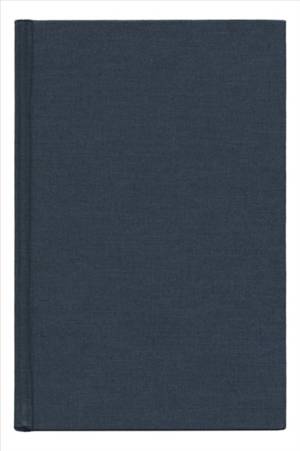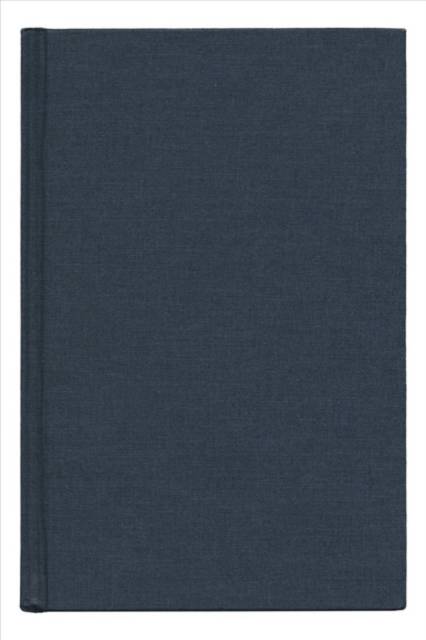
- Retrait gratuit dans votre magasin Club
- 7.000.000 titres dans notre catalogue
- Payer en toute sécurité
- Toujours un magasin près de chez vous
- Retrait gratuit dans votre magasin Club
- 7.000.0000 titres dans notre catalogue
- Payer en toute sécurité
- Toujours un magasin près de chez vous
Description
In The Limits of the Rule of Law in China, fourteen authors from different academic disciplines reflect on questions that have troubled Chinese and Western scholars of jurisprudence since classical times. Using data from the early 19th century through the contemporary period, they analyze how tension between formal laws and discretionary judgment is discussed and manifested in the Chinese context.
The contributions cover a wide range of topics, from interpreting the rationale for and legacy of Qing practices of collective punishment, confession at trial, and bureaucratic supervision to assessing the political and cultural forces that continue to limit the authority of formal legal institutions in the People's Republic of China.
Spécifications
Parties prenantes
- Editeur:
Contenu
- Nombre de pages :
- 363
- Langue:
- Anglais
- Collection :
Caractéristiques
- EAN:
- 9780295979076
- Date de parution :
- 01-02-00
- Format:
- Livre relié
- Format numérique:
- Genaaid
- Dimensions :
- 161 mm x 237 mm
- Poids :
- 666 g

Les avis
Nous publions uniquement les avis qui respectent les conditions requises. Consultez nos conditions pour les avis.





